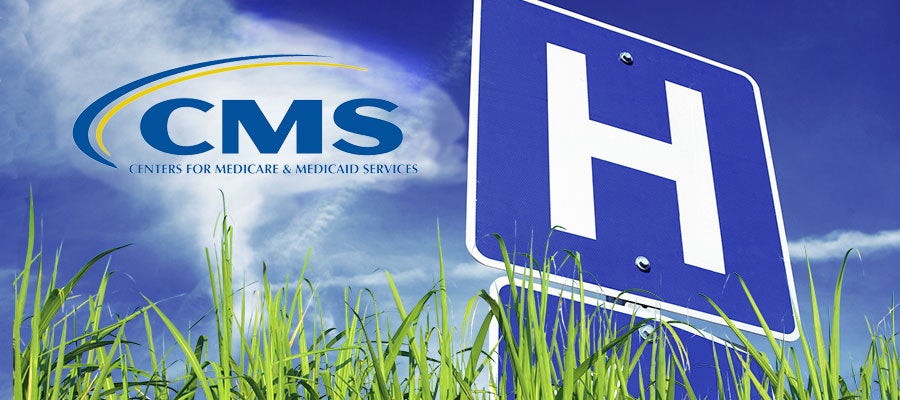
The Food and Drug Administration announced its approval of Pfizer’s Abrysvo (Respiratory Syncytial Virus Vaccine), the first vaccine approved for use in pregnant individuals to prevent lower respiratory tract disease and severe LRTD caused by respiratory syncytial virus in infants from birth through six months of age.






